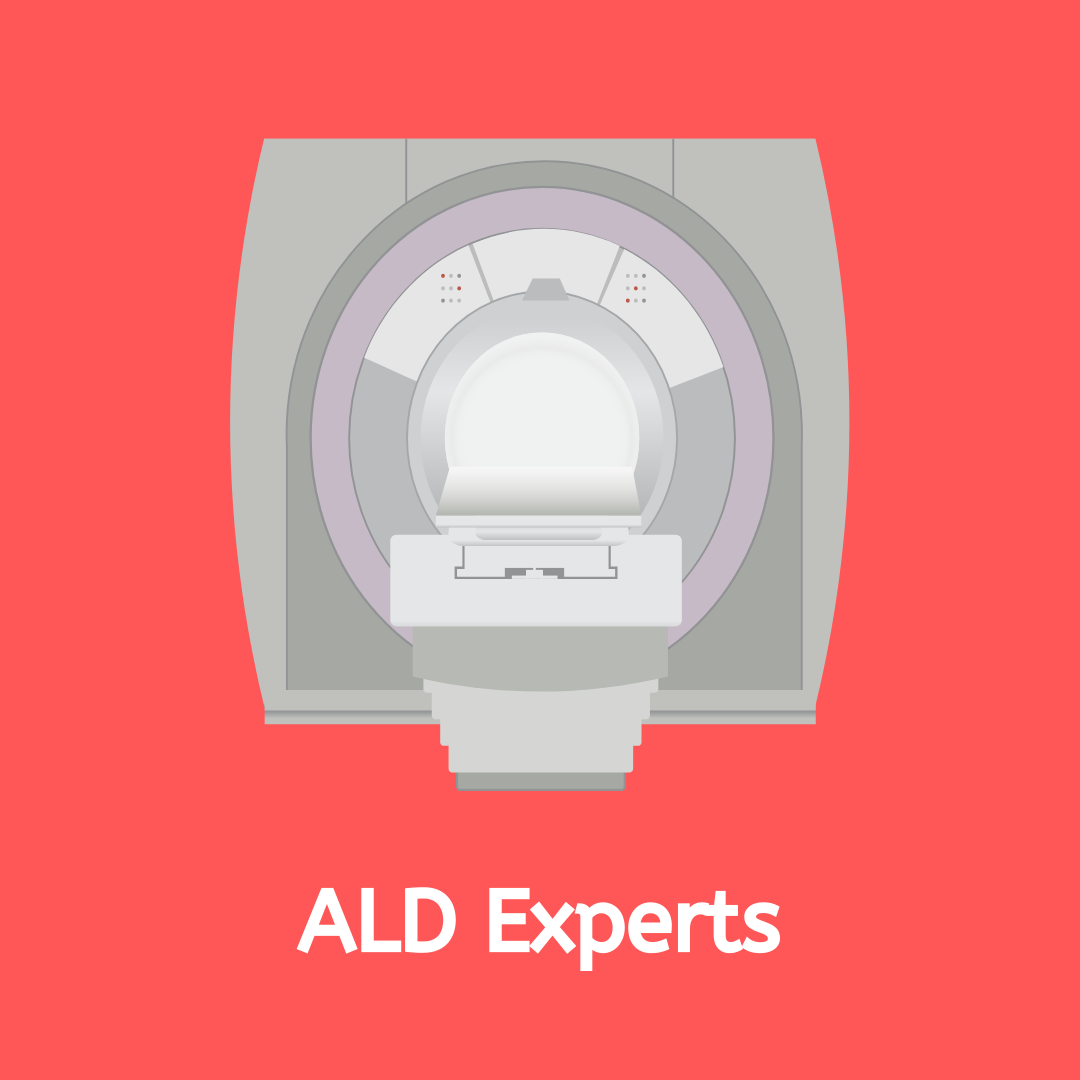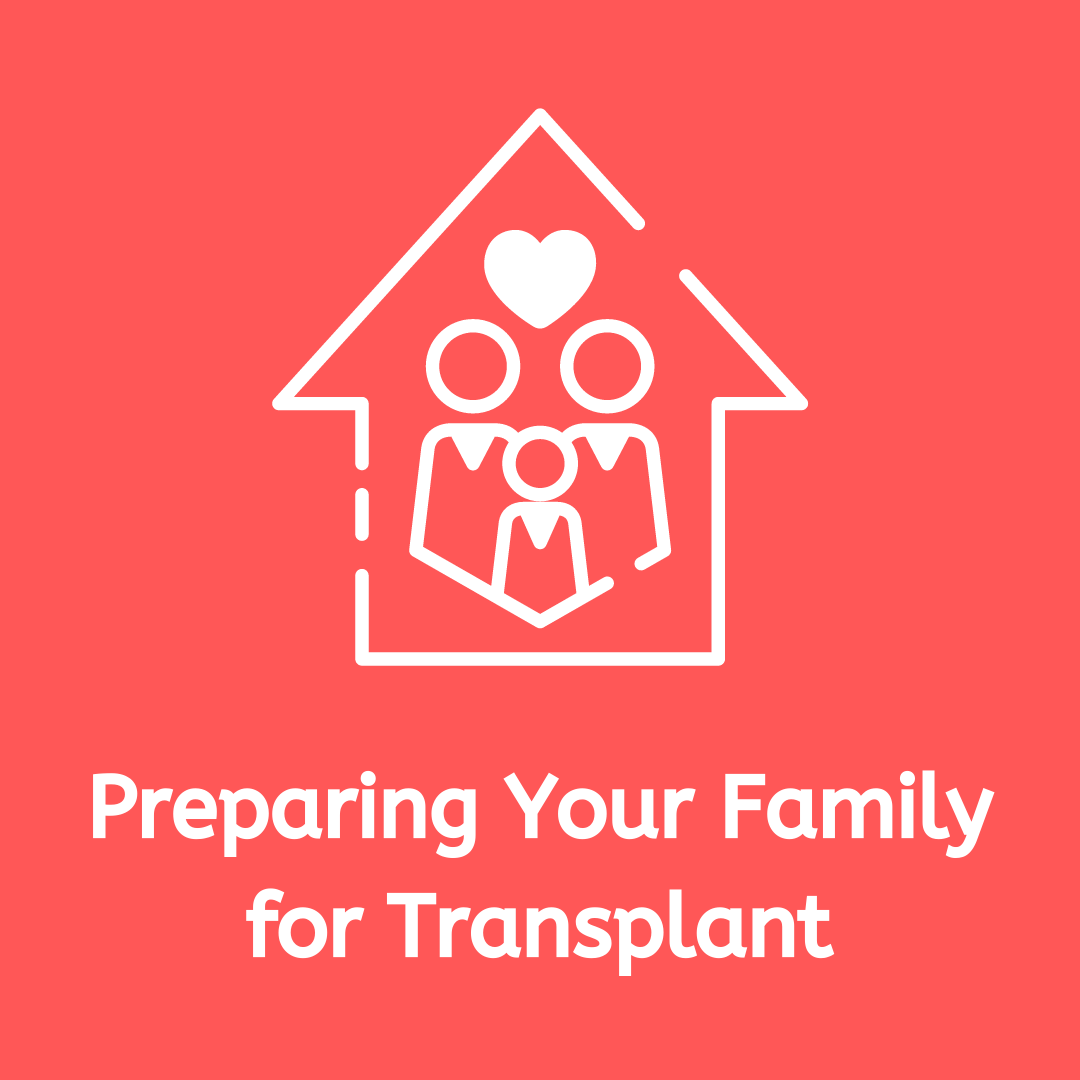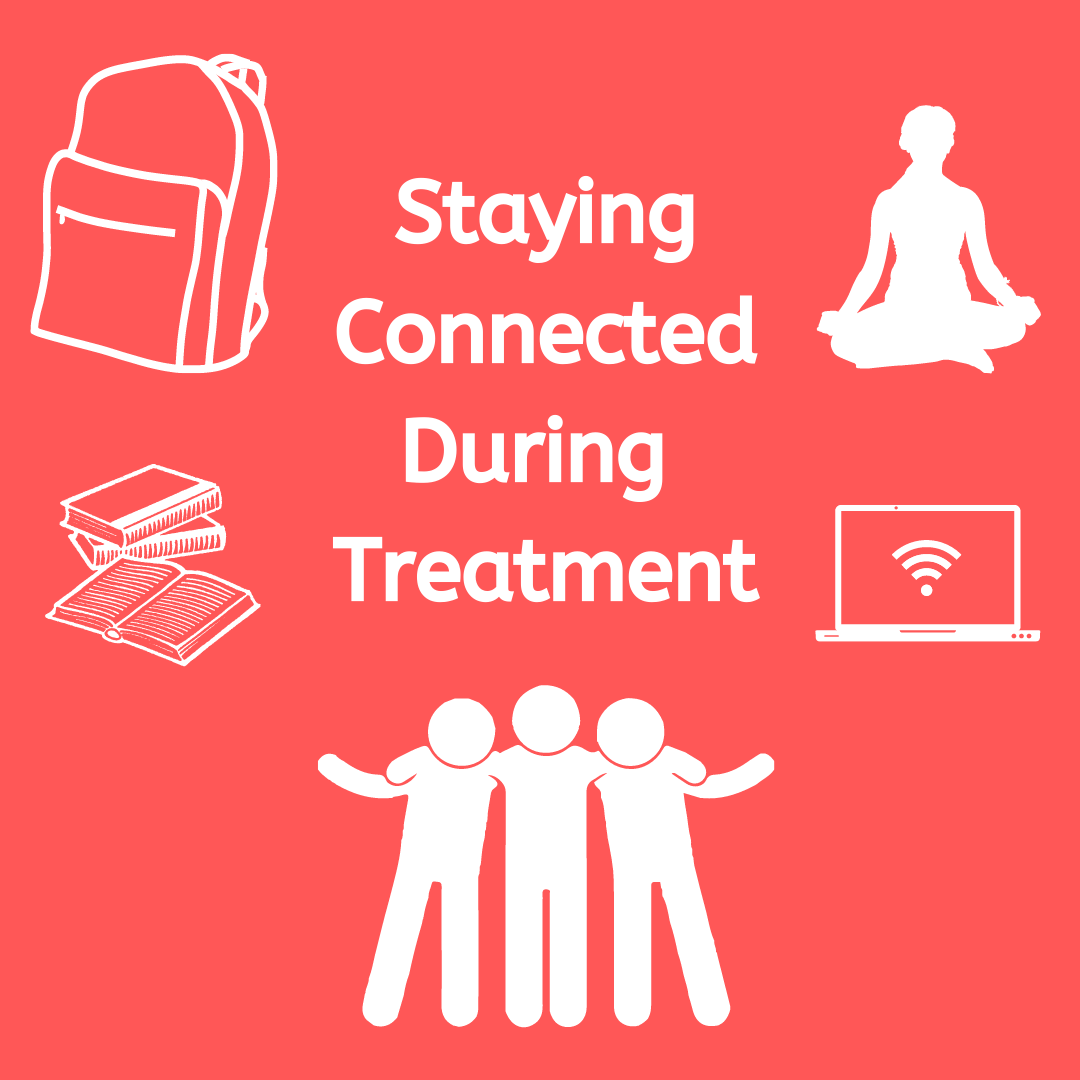|
Receiving the Cerebral Diagnosis
Learning about your child’s cerebral ALD diagnosis is an unforgettable, life-altering event. As you maneuver this new reality, know that a wide range of emotions and thoughts is typical and valid. You may immediately experience feelings of sorrow, anger, and fear. You may feel a loss of control over your child’s health and future. These thoughts and feelings are normal and expected. It will take time to fully process the diagnosis and what lies ahead for your family. Families receiving a cerebral ALD diagnosis come to this moment through wide-ranging circumstances. The pathway that your family took to receive the diagnosis of cerebral ALD is likely to impact your reaction and your experience. Some families have a child or family member who was diagnosed with ALD long ago, and may have undergone years of medical monitoring for this possibility. Other families have only recently learned about ALD, and may feel unprepared to confront the rapid decisions about treatment that may be necessary. Despite the uncertainty you may be feeling, there are still many things you can do to help your child, including seeking the best care available and collaborating with the medical team in support of your child. At the outset, you might constantly think about the wide range of possible outcomes for your child. Some caregivers find it beneficial to surround themselves with stories of positive outcomes. If you prefer knowing about all possible outcomes, even negative ones, striking a balance between positive and negative stories is important. Spending too much time dwelling on possible negative outcomes can be unhelpful. During this time, you may experience feelings of loneliness. You are not alone as there are other families who have received the same news. Some families find comfort in connecting with others who have walked in their shoes, especially if you find it beneficial to connect with people during stressful times. Remind yourself it is okay to ask for help when needed. Decision Making about Treatment Families who are offered treatment for cerebral ALD often endure different experiences during the decision-making process. Some find they need to act quickly after learning about the cerebral diagnosis, while others feel more prepared to begin treatment if they had prior knowledge of ALD. Treatment options may also look different for each individual. Some may be eligible for multiple treatment options, while others are only eligible for one. As you begin discussing treatment options for your child, you might have to make an urgent and difficult choice regarding which type of treatment your child should pursue. Making this big decision for your child is no easy task and may feel agonizing. It is something that no parent expects. The pressure and stress that accompany this choice might feel like a great deal of weight to bear. But, remember there is often no wrong answer, rather multiple correct answers depending on you and your child's specific wants, needs, desires, and circumstances. Treatment options Your child may be eligible for one or more hematopoietic stem cell transplantation options such as related or unrelated bone marrow transplantation, umbilical cord blood transplantation, or autologous transplant with gene therapy. Consult with professionals about the treatment options and their risks and benefits, but also trust your judgment as a parent who knows your child best. Give yourself grace through this process as well. It will be mentally exhausting, but remember you’re doing the absolute best to support and advocate for your child. Feedback from healthcare professionals & the ALD community Some families find getting multiple doctors’ opinions beneficial. Getting more than one opinion is especially important if you are initially provided one-sided information. Other doctors may be aware of different treatment options that are better suited for your child. If your current doctor is unfamiliar with ALD, you may feel even more stressed and anxious about the diagnosis. Know that there are professionals out there who are knowledgeable about ALD and can help provide evidence-based recommendations for your child. You can reach out to the ALD community for recommendations on doctors who are familiar with the diagnosis or review our list of ALD experts. Some parents have expressed the importance of working with doctors whom they trust, who match their family’s personality, and who understand their needs and sense of urgency. Families have also appreciated working with doctors who aren’t afraid to collaborate with other professionals or to admit when they feel unsure about something. Getting feedback from the ALD community is another great way to gain insight into treatment options and provider styles. Families who have been where you are may be able to provide recommendations based on their own research and experiences. There may also be other people in your life who can provide support during the decision-making process such as family, friends, therapists, counselors, or other medical professionals. Do what feels right for you and your family to make this decision. Treatment center Deciding on the location for your child’s treatment may depend on a few factors. If your local healthcare professionals do not have a lot of experience or knowledge of ALD, it will be beneficial to find a doctor with expertise in treating ALD. While this may require that you and your family travel to another hospital or medical center (in some cases even traveling to the United States from another country), ALD experts know the sense of urgency associated with this diagnosis and can often get your child scheduled quickly to meet with them. ALD experts often work closely with a team of professionals who can help address any questions or concerns that may come up regarding your child’s treatment course. Advocating for your child Throughout your child’s ALD journey, you might be told “no” when planning for treatment and compiling various support options. You might be denied health insurance, alternative opinions about treatment options, waiver programs related to care-taking, finances, or education, or even the ability to receive treatment at all. As a parent who wants the very best for your child, this can be frustrating to hear. It is important to not take “no” for an answer sometimes. Seek other experts' opinions, research different treatment centers, appeal insurance and/or waiver denials – continue to fight for what you believe your child needs. These steps are discussed in greater detail below. Once you have assembled a care team and decided on a treatment for your child, you may find that everything moves quickly after that. This rapid pace can feel overwhelming, and you may worry if you made the right choice for your child. These feelings are normal and inevitable, but remember that there is no right answer and as your child's biggest advocate, you have done everything you can to make an informed decision about their health. It can be difficult to place your trust and your child’s future in someone else’s hands, but know that there are other families and professionals that you can lean on to help support you and your family through this uncertain time. Communicating about your Child's Diagnosis & Treatment When your child is heading into treatment, you may be wondering about what information to share with your child and those around you. You know your child best and can determine what level of information is appropriate to share at the right time. Generally speaking, it is best to answer questions directly and encourage children to express their feelings and concerns to you so that the lines of communication are always open. In keeping an open dialogue with your child, there will likely never have to be “one big” speech that discloses the ALD diagnosis. Think of it as an ongoing string of tiny conversations that are important to have and will ultimately lead to a child, teen, or young adult who is equipped to cope with this diagnosis and handle whatever may come their way. Communicating with young children Depending on your child’s age and developmental level, you may choose to share information about your child’s diagnosis and treatment in slightly different ways. For young children, a story may help them understand their diagnosis and what treatment will be like. It may be especially confusing for young children because they might not feel or look sick. They will benefit from more preparation for what is to come, such as hair loss, feeling tired or weak, and not being able to see their friends and family while they are in the hospital. It is helpful to reassure young children that they did nothing wrong; they did not cause their ALD and they are not to blame. It is important to focus on your child and family’s strength and convey messages of hope. To help children learn more about bone marrow transplantation, we like the kid-friendly videos Super Sam vs. the Marrow Monsters created by Be The Match. Communicating with older children and teens For older children and teens, try to explain their diagnosis, what it means, and what treatment will be like in a straightforward way. Because they are older, they may be able to look things up on the internet on their own. This may lead to many questions. It is OK to respond with “I don’t know” if your child asks a question with no concrete answer. Be honest and do not make promises you cannot keep. We do not know what the future holds for any one of us, but we can validate feelings (e.g., listen to and acknowledge your child's thoughts and feelings) and say that family members will do everything possible to be there for each other. You may help them anticipate what to expect at medical appointments. If you are not sure about an answer to your child or teen’s question, offer to set up a time for your child to meet with their doctor so they can get their questions answered. Regardless of your child’s age, going through a big medical procedure is scary and overwhelming. Remind your child that you love them, you will always be there for them, and you will get through the treatment together as a family. Help prepare your child for any emotions and anxiety that come to the surface. Encourage them to be open about sharing their emotions with you, whatever they may be. As a parent you can also show your child that it is okay to feel scared or worried. Many of us want to be brave for our children, but we should not be afraid to show and discuss our emotions with them. Despite the foundation you build, there may also be times when your child does not feel comfortable going to you to talk. Let him know who else in his life with whom he can trust and share his feelings. Some children may also benefit from working with a pediatric psychologist, social worker, child life specialist, or therapist to learn skills for coping before, during, and after the transplant process. |
Just a few of the amazing warriors in our community who have been treated for cerebral ALD. A rebirthday is known as the date that a donor’s stem cells enter the patient's body and begin populating in place of the patient’s, a momentous time in the life-saving procedure that is a bone marrow transplant.
Conner explains to his mom how his bone marrow transplant is helping him stay healthy.
List of ALD experts by state
Advice for getting your child and family ready for transplant.
Click for our helpful hospital packing list and reminders for self care during your child's treatment.
Support can look different for everyone. Here are some things that might help you and your family stay connected.
Discussion of financial support options for which you and your family may be entitled.
All of the mentioned resources in alphabetical order, by section.
|
Preparing for Cerebral ALD Treatment
© ALD Alliance 2024
The ALD Alliance is a non-profit 501(c)3 organization.
We are a charity run by volunteers with every donation directly benefiting our mission.
The ALD Alliance is a non-profit 501(c)3 organization.
We are a charity run by volunteers with every donation directly benefiting our mission.







